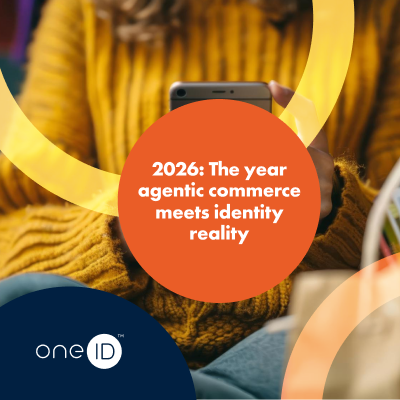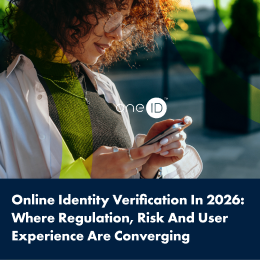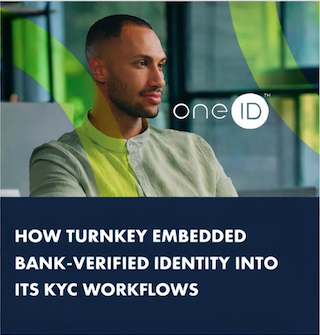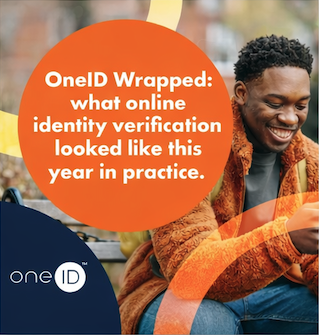If you're working in a public sector organisation, your departments are under constant pressure to maintain high levels of accuracy. With the growing incidents of fraud across the UK, the room for error is not just, but very expensive. The Public Sector Fraud Authority (PSFA) estimates the level of fraud and error between £39.8 billion and £58.5 billion in 2021-22. These estimates include tax and welfare fraud.
Councils and local authorities are required to conduct stringent verifications rapidly and on a large scale. Unfortunately, traditional methods that rely on document scanning and manual checks are often slow, prone to errors, and vulnerable to fraud. These processes can also exclude a significant portion of the population who do not possess conventional forms of identification like passports or driving licences.
Adding to the challenge is that citizens, accustomed to seamless digital experiences, now expect the same level of efficiency from every sector and service. They demand minimal friction and maximum ease, a standard the public sector must strive to meet.
While councils and government organisations are already using digitised identity — the process of scanning and uploading a physical ID document — it lacks the seamlessness a truly digital identity solution, like bank-based digital identity verification, can deliver.
Bank-based digital identity verification is the process of using the identity data that banks have about their customers in a completely digital document-free way to prove an individual is who they say they are. The result is a fast, secure journey that can be completed instantly from any device.
Identity service providers like OneID® use bank-verified data to offer a straightforward verification process. Individuals simply log in to their online banking account or mobile app and consent to share their data. The OneID® API securely transmits this data to the requesting authority, completing the process in seconds without needing document scans or selfies.
As the solution's name suggests, bank-verified data uses identity data that has passed through the banks' stringent Know Your Customer (KYC) and Custome Due Diligence (CDD) checks. By leveraging up-to-date, vetted data from banks and eliminating document scanning—which is susceptible to fraudulent documents—OneID® minimises the possibility of fraud and offers stronger identity assurance.
With no manual identity verification processes, duplication of efforts, or errors to fix, you can save on overhead expenses and speed up your processes.
Anyone with an online banking account can prove their identity using bank-verified data. OneID®, for instance, reaches 90% of UK adults, making it one of the most inclusive identity verification solutions available. While traditional methods often exclude those without passports or driving licences, OneID® provides a reliable option for those who have online banking accounts.
OneID® is the only open banking-based identity verification provider on the Crown Commercial Services (CCS) Open Banking Dynamic Purchasing System (DPS). This framework allows public sector bodies, including local authorities, the NHS, and government departments, to access services designed to reduce fraud, enable payments, and establish affordability. OneID®'s inclusion in this system reflects its commitment to privacy, inclusivity, and data transparency.
To discover how OneID® can address identity verification and onboarding challenges in your organisation, visit oneid.uk/gov.

Agentic commerce is already operating inside live retail, payments, and platform environments. For Partn...

Online identity verification entered a new phase in 2025. Across adult platforms, gambling, financial se...

Last month, we joined Turnkey for an industry event to talk about a challenge many regulated platforms a...

2025 has been a year of continued growth and real-world proof for OneID®. As expectations for identity a...